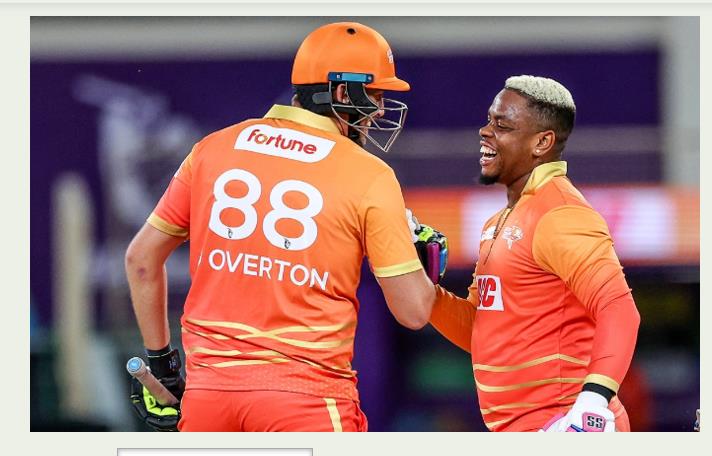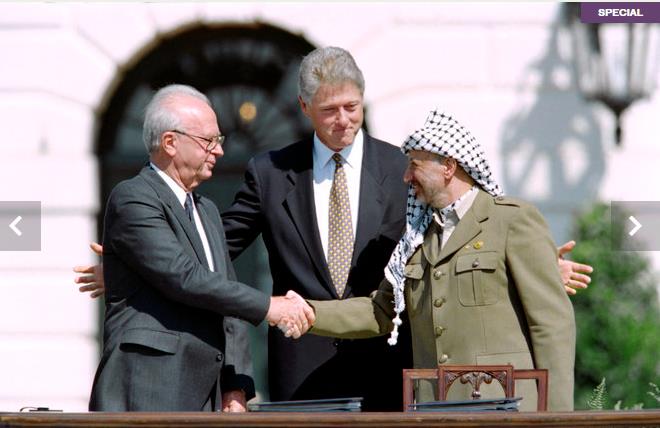
exy singles flirting in impossibly small bikinis is hardly a groundbreaking premise. But Netflix thought it was on to a winner with its twist on the reality dating formula. In an era where the main aim of these shows seems to be to encourage cast members to have as much sex on camera as possible, the “top shaggers” of Too Hot to Handle were banned from kissing, fondling or any other heavy petting for the entirety of their 30-day retreat. Any misbehaviour would lead to deductions from a cash prize – even masturbation would lead to penalties – with each indiscretion logged by a humourless AI named Lana.
The tone was so similar to Love Island it verged on parody, with nightly raves captured in slo-mo and tense news delivered around a firepit. They even cast participants from the three existing Love Island territories, the US, Australia and the UK, adding the quirk of flanter exchanged in various accents.
But sun, sand and horny singletons does not Love Island make.
Too Hot to Handle’s promising premise was bungled by cowardice, as producers worried that a lack of risque action would see viewers switch off. In truth, it was its unwillingness to take risks that left the series unloved – with a Rotten Tomatoes score of 38%.
It did not take long for the show to cop out of the no-touching rule, the sole thing that differentiated it from the glut of other dating series out there. You could practically taste the panic in the decision to introduce more unnecessary tech into the villa, via watches that allowed couples to go all the way if they were given the “green light”, completely undermining the show’s sole selling point.
Once these were introduced, the stakes continued to tumble. We were supposed to be thrilled when contestants were given the chance to win back a large sum of lost money, but by this point we yearned for their bankruptcy, just to feel something. Especially since most weren’t particularly fussed about the $100,000. Resident femme fatale Francesca repeatedly said she didn’t need the money; having entered the house with more than 300,000 followers (which has now grown to 2.9 million) she made more from Instagram posts than she stood to win. MTV’s similar, but far superior, offering Are You the One? offers participants a share of $1m, a sum that ensures the cast go feral much faster.
Despite seeming to have all the ingredients of a hit, Too Hot to Handle fundamentally misunderstood what made the car-crash, trashcan reality TV of recent years so gripping. Character arcs are key; we were once genuinely moved by the journeys of the Love Islanders and heavily invested in couples created by the marriage factory that is Love Is Blind.
While a lack of physical contact was supposed to be its USP, Too Hot to Handle differentiated from its competitors only in its lack of heart. The entire show hinged on the contestants apparent growth and creation of “true connections” that lasted longer than three sweaty minutes. But these developments were constantly stated rather than actually witnessed. Contestants would renege on allegedly life-changing breakthroughs within a scene, in every single episode until the series end.
I would often find myself wondering if I had mistakenly skipped a few, given the level of investment that was assumed by the narrator, who appeared to be enjoying an entirely different, far more compelling, show than the one I was watching.
The final chance to truly shake the televisual table was fumbled in the final episode. It was a foregone conclusion that the prize money would be split among the cast, but taking advantage of its ill-defined, ever-changing format, it was revealed that not everyone was entitled to the money they had all been vying to save. Then, in a move that would infuriate boomers, they were all named winners anyway, resulting in the most anticlimactic TV finale since Game of Thrones.
Though many scoff at reality television, Too Hot to Handle shows just how hard it is to get right. When it first aired, a show about a physical-contact ban felt like a personal attack during lockdown, but one we would brave for some much-needed distraction. What a shame it left its audience as frustrated as a group of horny singletons banned from touching each other on a cheap Love Island knock-off.












